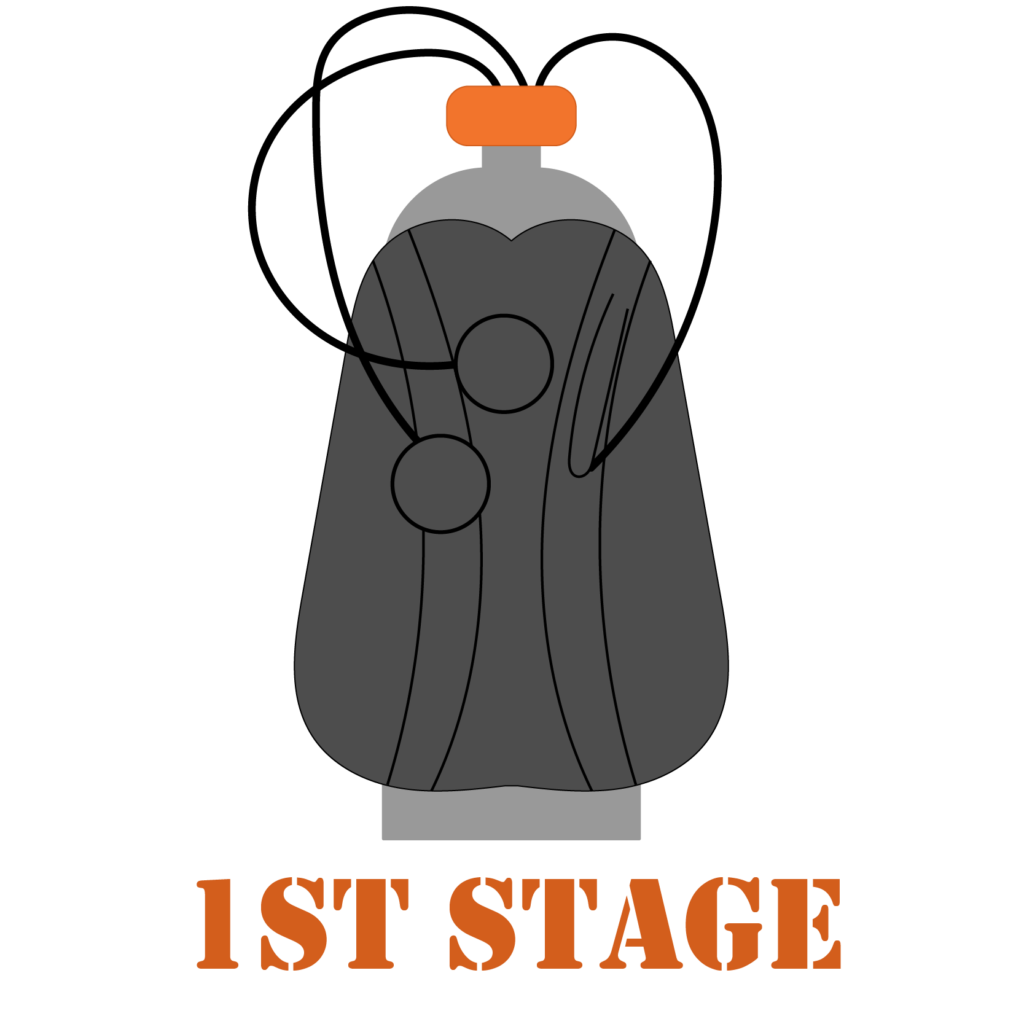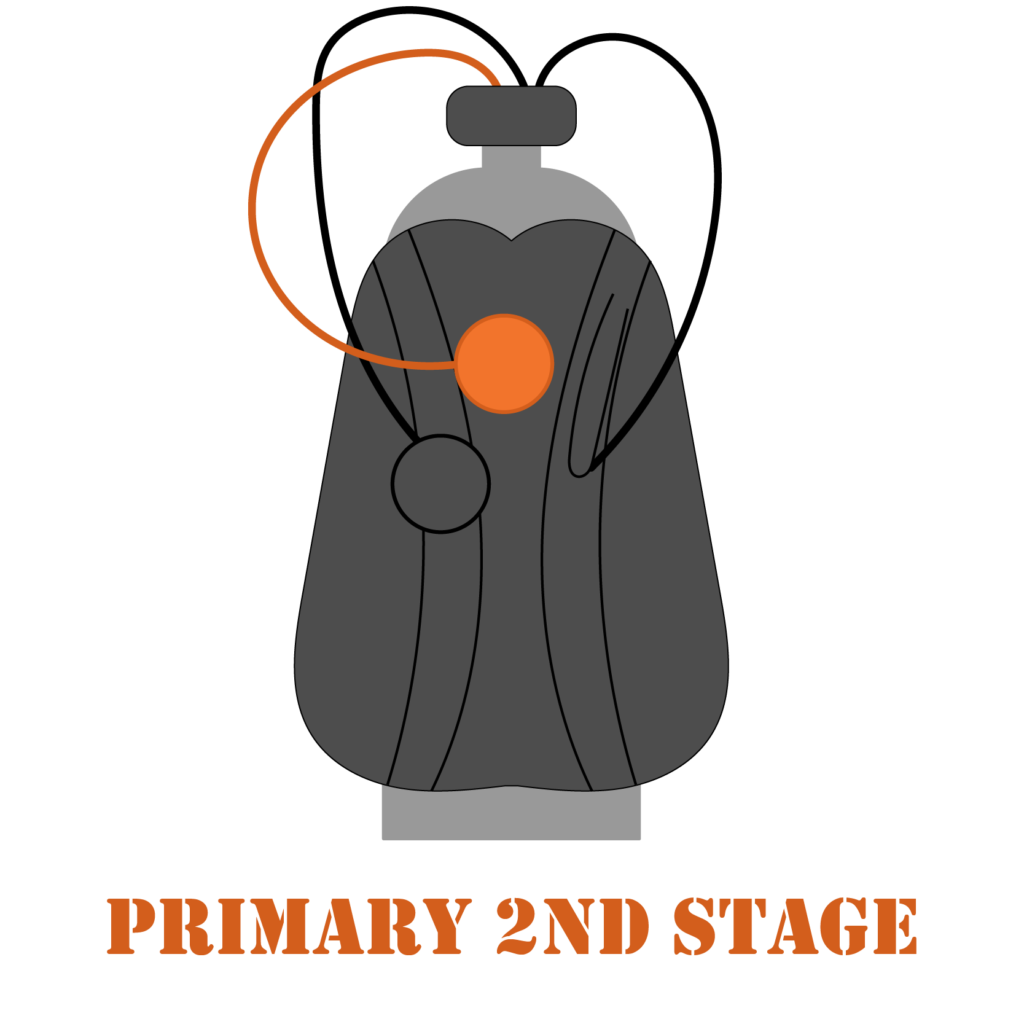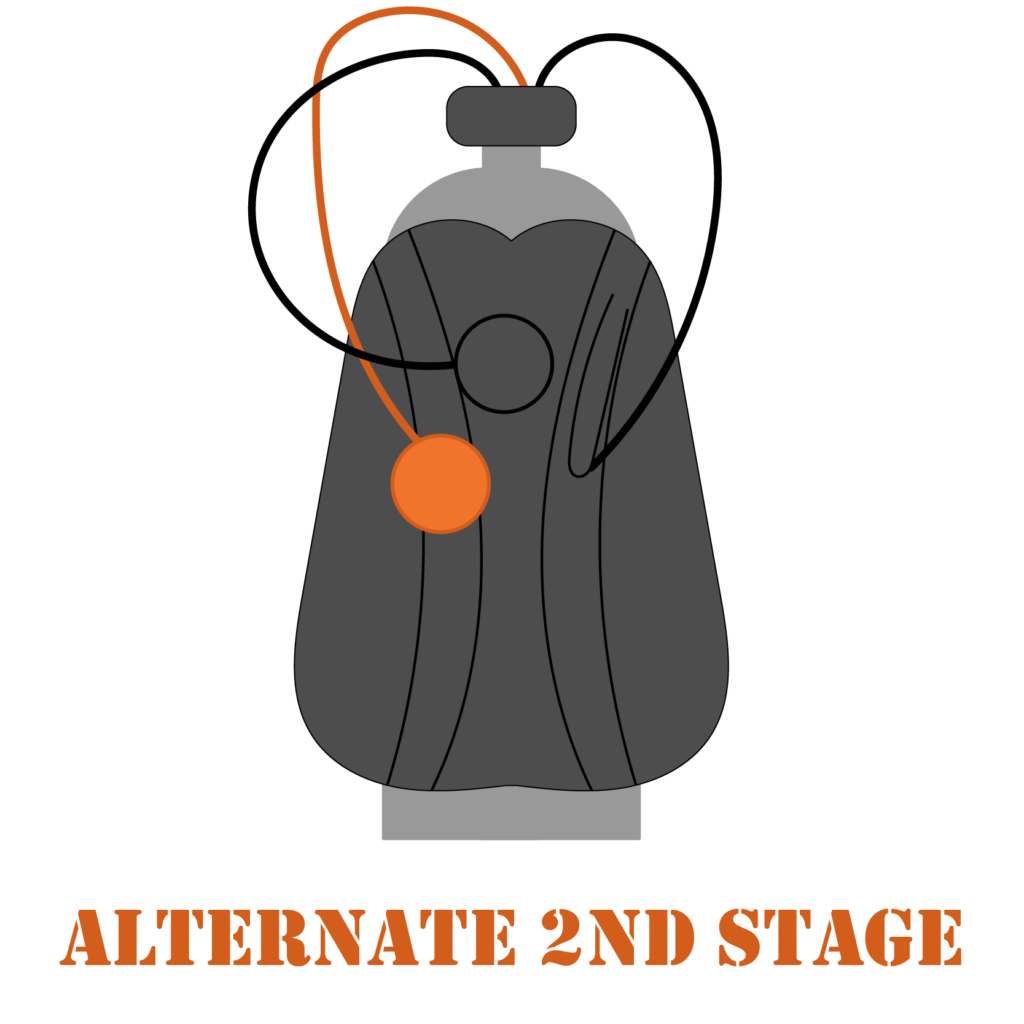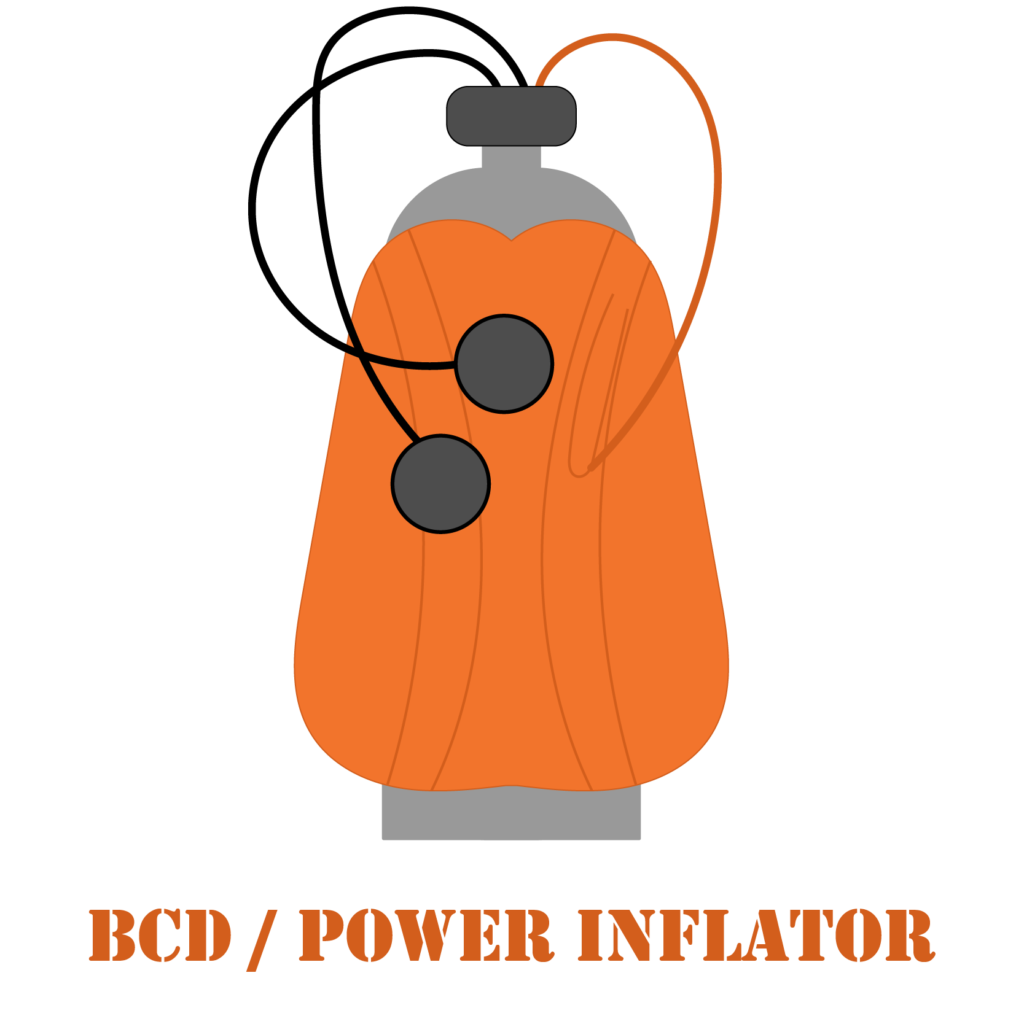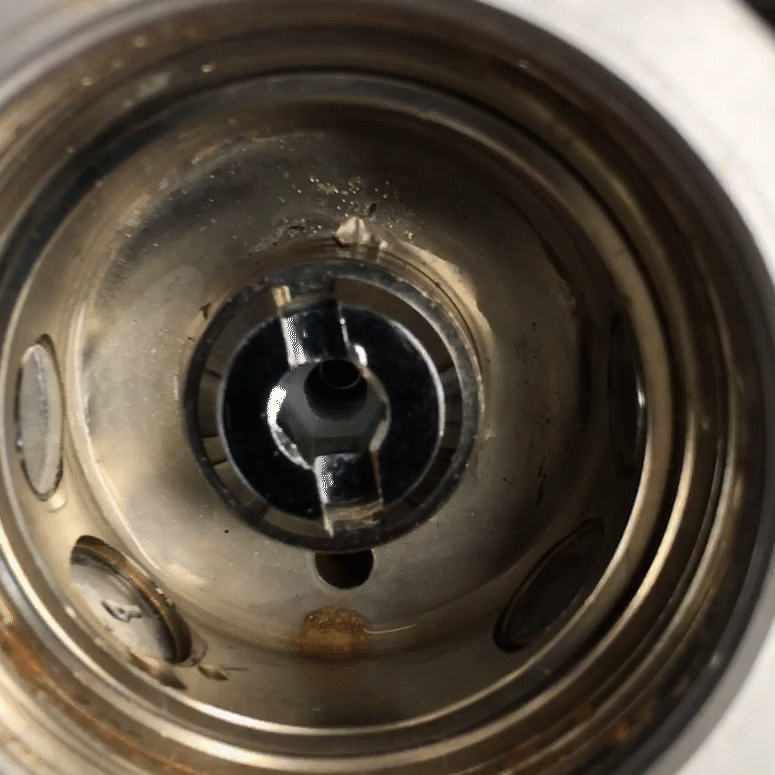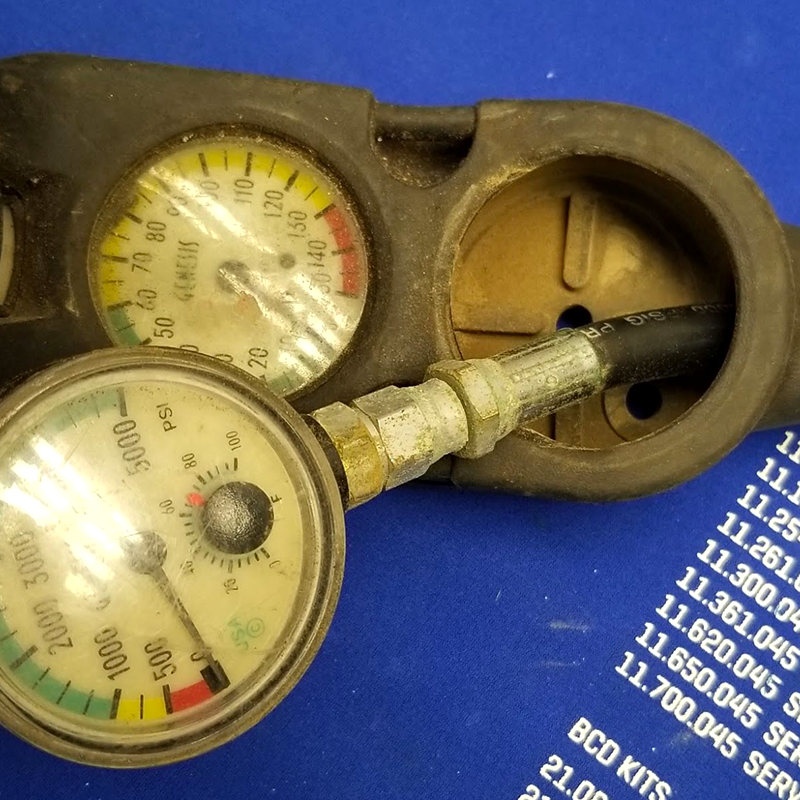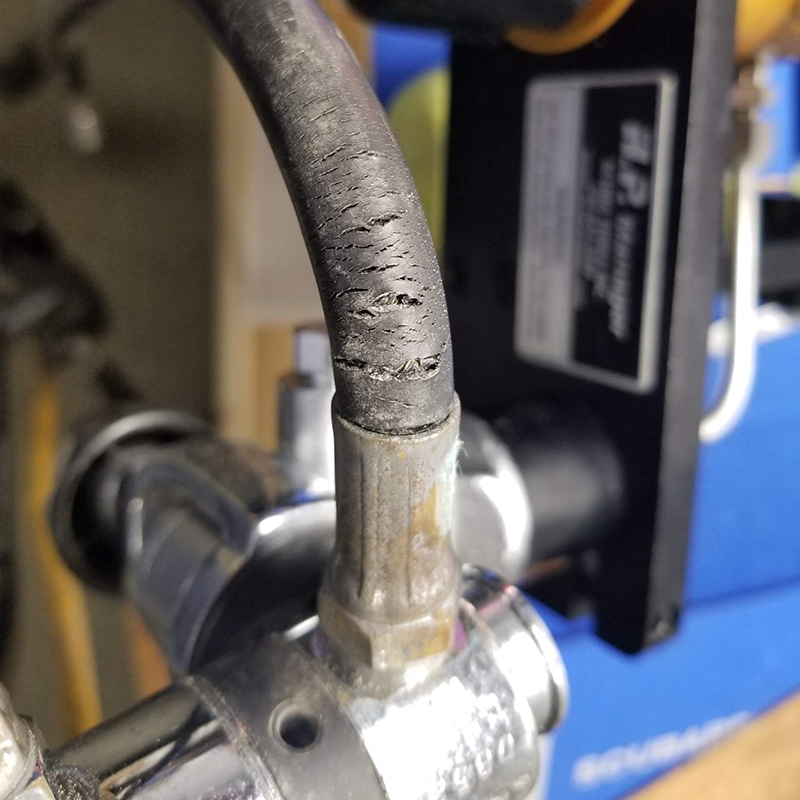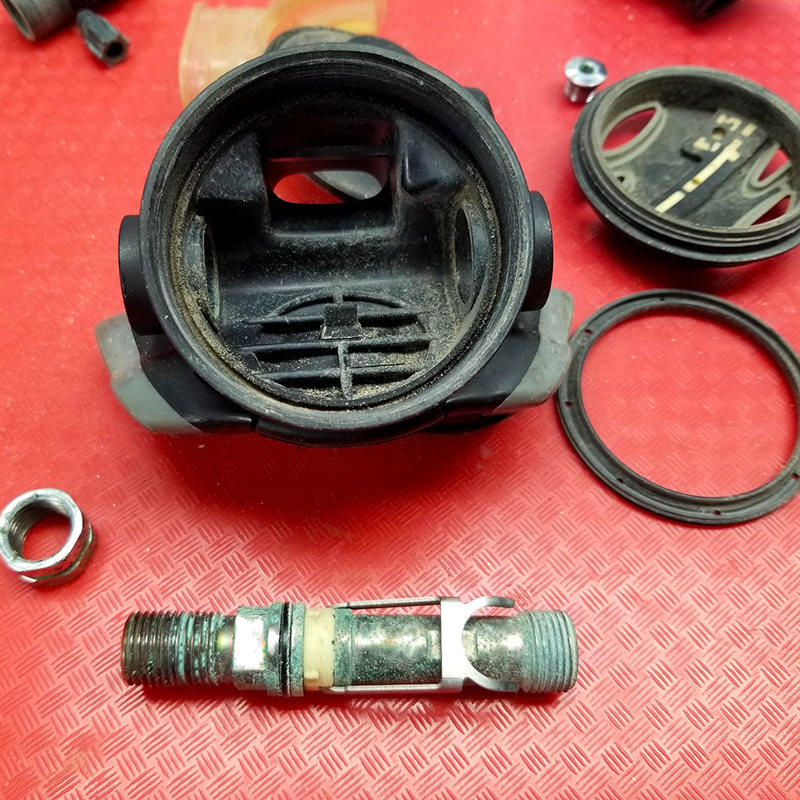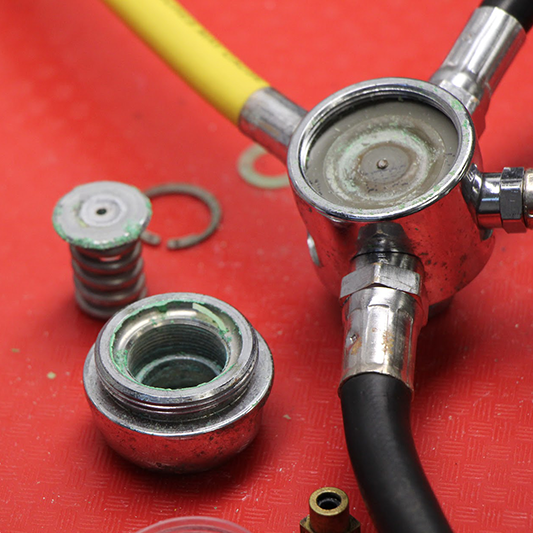The 4 parts
Our dive equipment normally consists of 4 main parts.
- The 1st stage: This attaches to the tank and provides air to the 2nd stages and BCD
- The primary 2nd stage: This is the regulator you normally breathe off of
- The alternate 2nd stage: This is often called your octopus and can be on a normal hose like the primary, or combined with the power inflator on your BCD
- Buoyancy Compensator Device (BCD)
The requirements
Almost every manufacturer’s warranty guidelines have some sort of bench test requirement to maintain warranty status. “Warranty status” is kept when our equipment is bench tested or serviced within the manufacturer’s requirements, such as ‘every year’ or ‘after x amount of dives’. This is done so customers can receive free parts or kits, depending on the warranty program. Not every manufacturer has a warranty program and knowing what equipment you have and the warranty program you apply for is essential to all divers!

The specifications
All manufacturers have stage specifications and parameters that are essential to the operation of your dive equipment. If your equipment falls out of those parameters, service may be required, because these requirements have been set to keep you safe and diving for years to come!
The first stages
Almost all manufacturers set the 1st stage between 125 and 145 PSI. When your tank is between 3000 and 500 PSI, this is essential for the first stage to work properly and provide the correct amount of air to the diver.
The second stages
For most systems, the 2nd stages breathe from 0.8 to 2.0 inches of water. This is known as the ‘cracking effort’ and the higher the number, the ‘harder’ it is to breathe. In general, our alternate 2nd stages are set to a higher number to prevent accidental free-flowing.
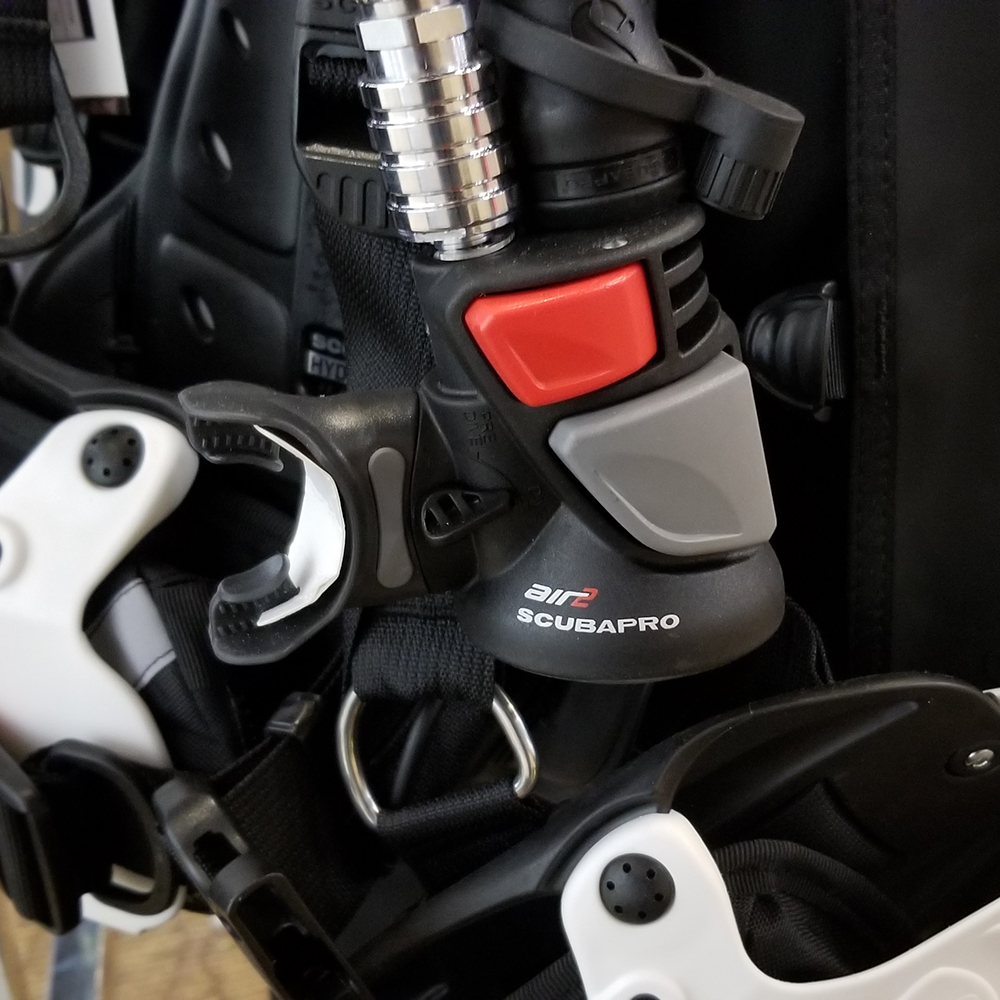
The BCDs
Our BCDs (buoyancy control device) are also an essential part of life support equipment and need to be checked for bladder leaks; making sure that it holds air and does not leak. Plus tests on our BPI (balanced power inflator), dump valves, buckles, and tank valve straps are essential for correct operation.
Issues “in the field”
Things can happen to our equipment, leaks or free-flowing regulators could be a sign something needs to be adjusted, or there is a failed internal part. Please bring your equipment into a qualified technician to have them determine what is happening. Within all 3 stages, a leak or free flow can result from any one of those three being out of their specifications. Just because your 2nd stage leaks doesn’t mean that it’s just that stage.
Tip: If your 2nd stage is free-flowing out of your mouth, like when you first set up your system, first try placing your fingers over the mouthpiece to block the opening. Then if it doesn’t stop, please bring it in.
Final thoughts
We all lead hectic lives and the last thing we want to think about is what will happen if our equipment fails during a dive. The reality is that when our life support fails, it puts the diver and their loved ones at risk of serious injury or death. We all must be responsible when it comes to our dive gear and make sure it is working as it should! That way you as the owner can keep diving safe and enjoying the underwater world that we all love.

